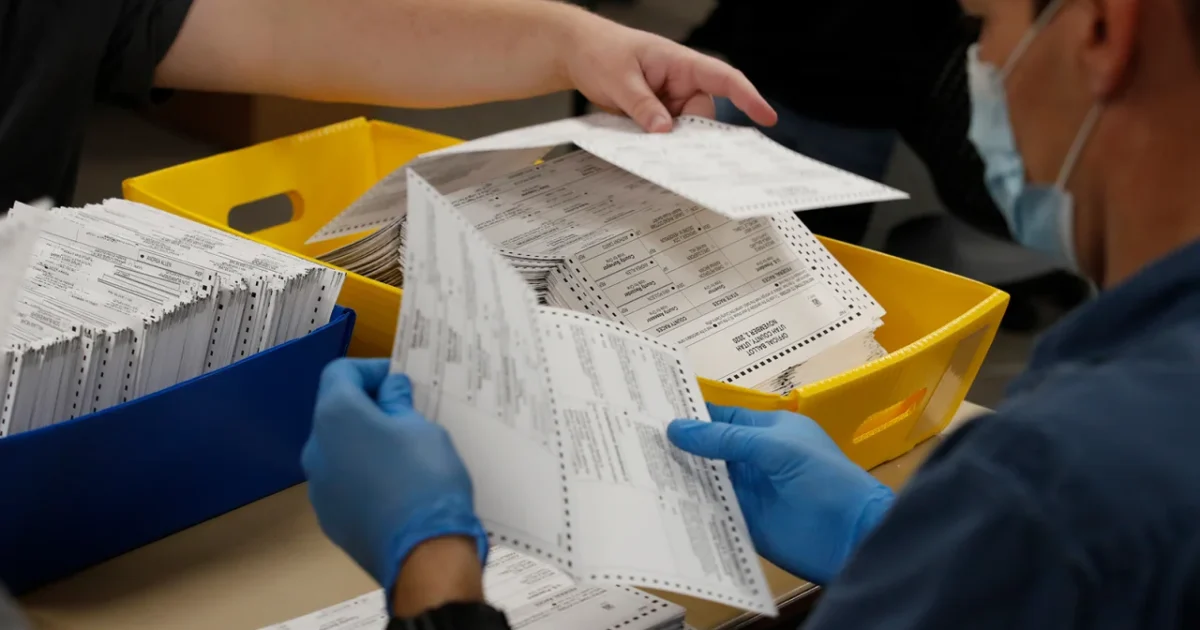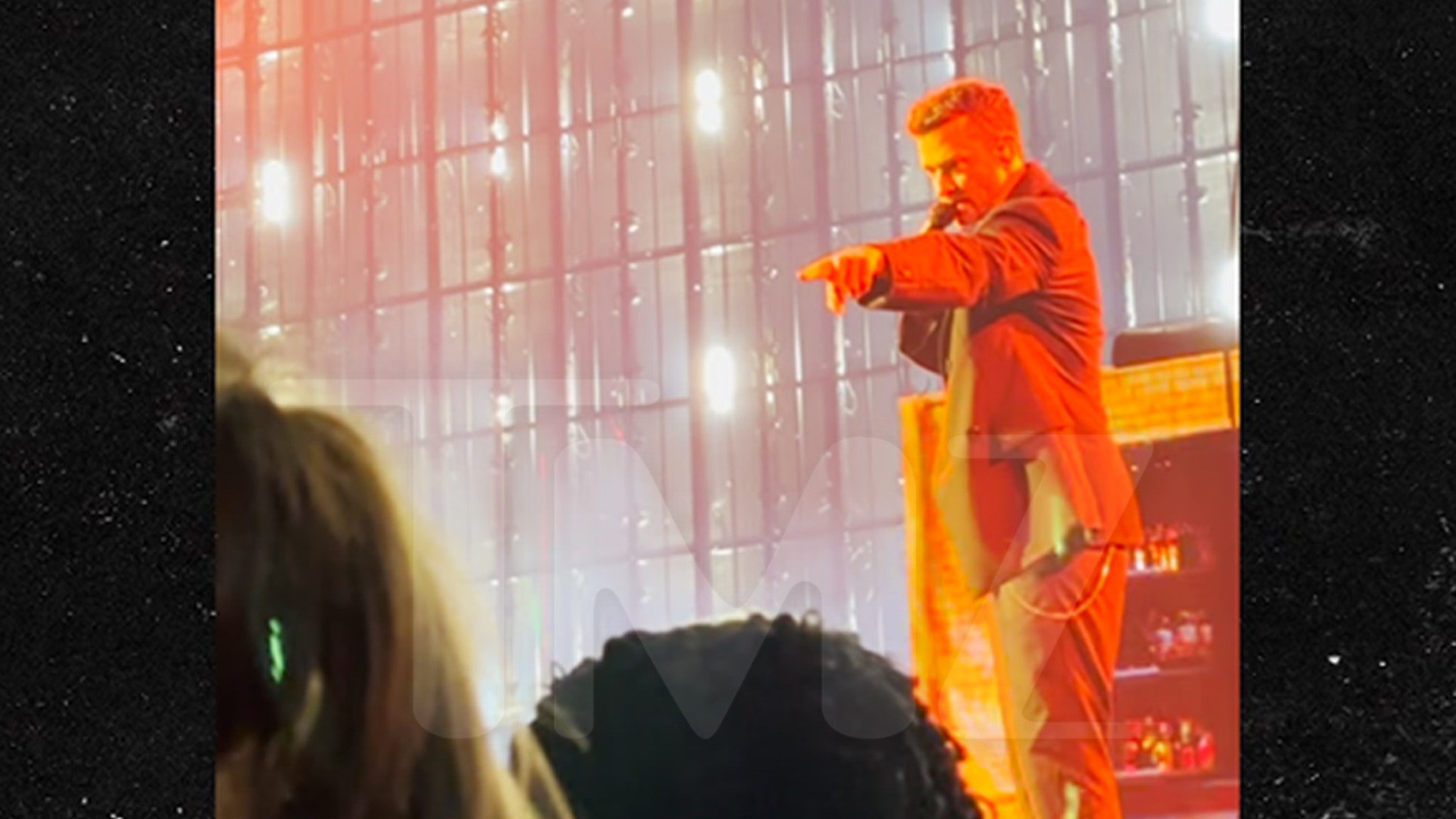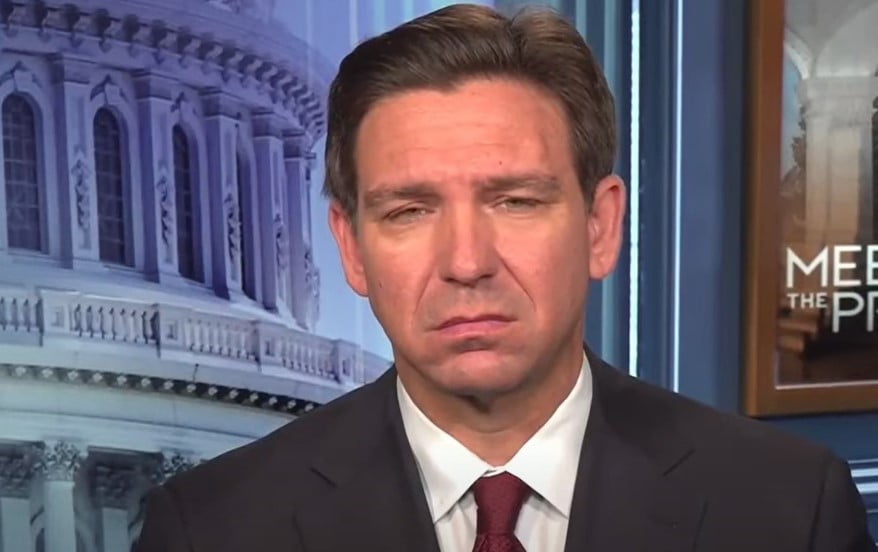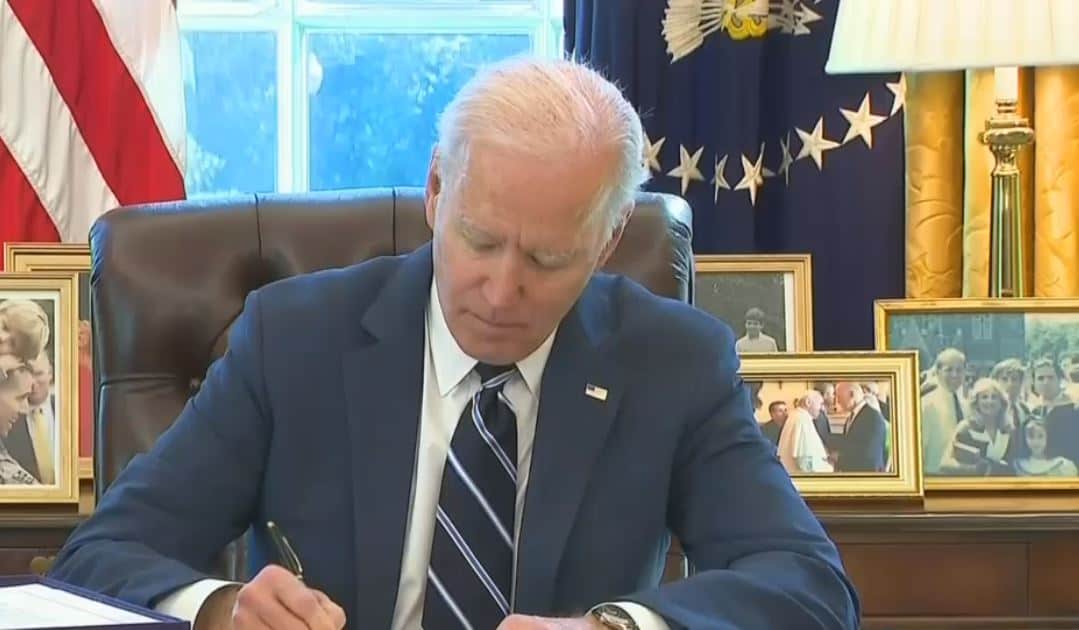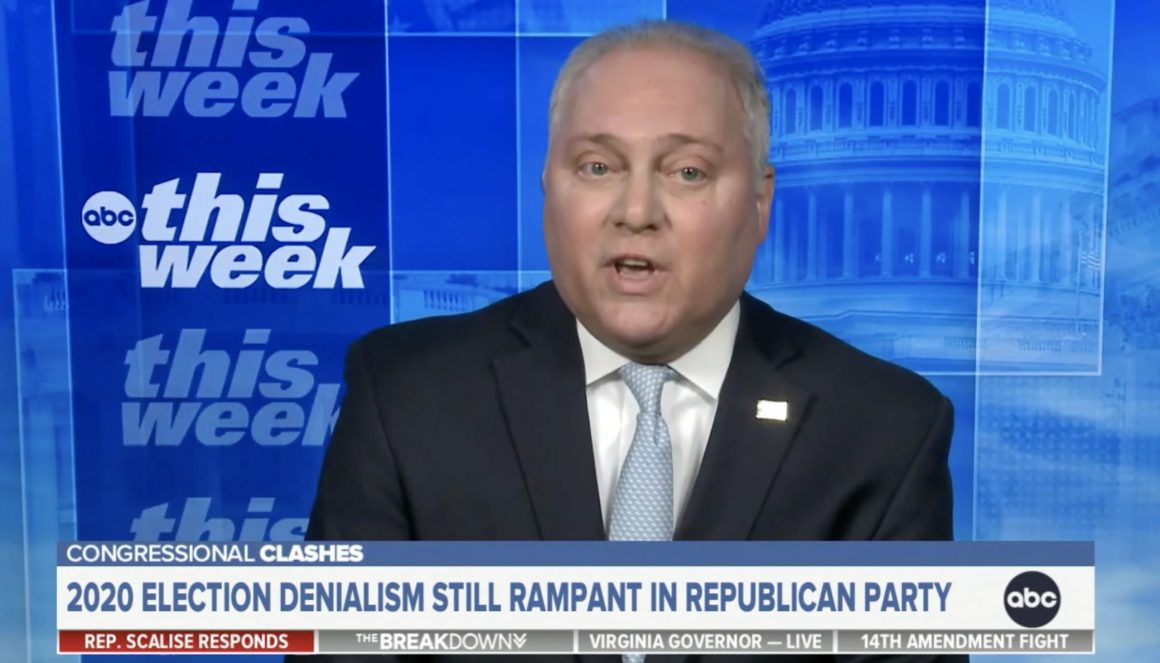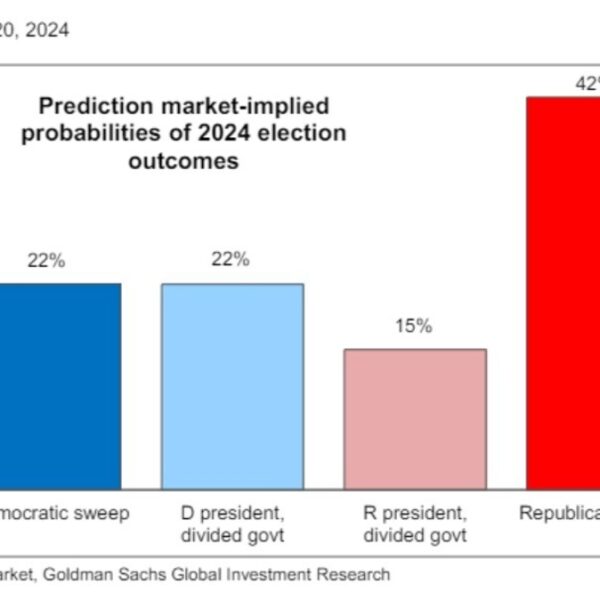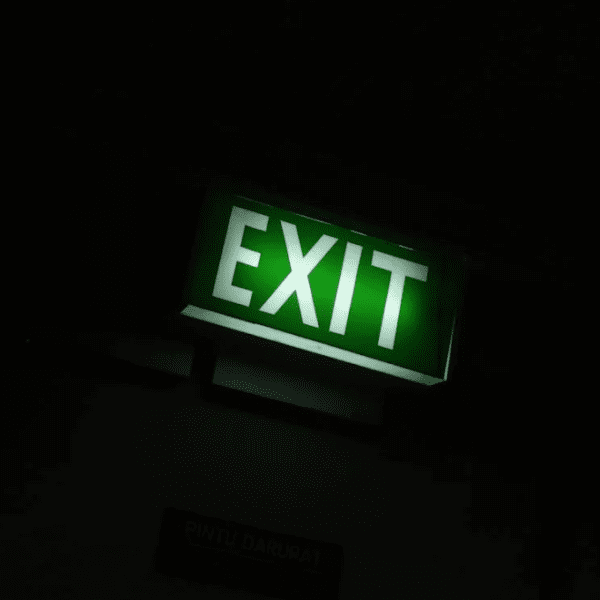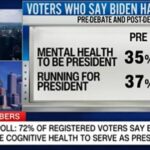
In a landmark decision, Kansas has reaffirmed its commitment to securing the integrity of its elections. The recent ruling from the Kansas Supreme Court upholds critical measures that safeguard the voting process, ensuring that each citizen’s vote counts and is protected from potential fraud and manipulation.
The case revolved around three contentious Kansas election laws designed to bolster the transparency and security of the voting process.
The first law prohibits the false representation of an election official, a common tactic used to mislead voters and disrupt the electoral process. The second requires a stringent verification of signatures on advance ballots, ensuring that votes cast correspond to registered voters. The third and perhaps most contentious, limits the number of advance ballots a single individual can deliver, combating potential ballot harvesting schemes that could manipulate election outcomes.
In 2021, several voting rights groups and private citizens initiated a lawsuit against these laws, claiming that the legislative changes violated multiple provisions of the state’s constitution.
The Daily Item reported:
The majority opinion reversed a 2023 appeals court decision that recognized any restrictions on the fundamental right to vote would be subject to the highest legal bar for evaluation, or strict scrutiny.
Justice Caleb Stegall wrote for the majority, saying voting is instead a “political right” under the Kansas Constitution that has a lower bar for regulation than fundamental rights.
“But just because the right to vote is not protected in our Bill of Rights does not mean that constitutional voting guarantees are somehow weak or ineffective,” Stegall wrote. “Quite the contrary.”
Stegall wrote that for a voting law or regulation to be found unconstitutional, it must pass the “Butts test,” which means “the law must be shown to unreasonably burden the right to suffrage.” If voting were found to be a fundamental right, the burden would be on the government to show new voting laws or regulations are narrowly tailored and necessary to achieve a compelling state interest.
Critics of these election integrity laws claim that such measures disenfranchise voters, particularly those in minority communities or those with limited access to voting facilities. They contend that these laws are overly restrictive and serve as barriers to a fundamental democratic right.
However, the Kansas Supreme Court, in a detailed opinion, dismissed these claims. The court highlighted that the measures in question do not impose new qualifications on voters but are simply safeguards to verify that those participating in the election are eligible and legitimate voters. The court emphasized that maintaining accurate and reliable voter rolls is a critical aspect of electoral governance, which these laws robustly support.
WIBW reported:
Justices Biles, Eric Rosen, and Melissa Taylor Standridge concurred in part and dissented in part.
“The court unanimously held that plaintiffs met their burden to demonstrate a substantial likelihood of prevailing on the merits of their claim that the false representation statute is constitutionally infirm,” Biles’ statement read. “A majority of the court reversed and remanded this claim to the district court to consider the remaining temporary injunction factors.
“A majority of the court also held that the signature verification requirement is a valid effort by the Legislature to provide ‘proper proofs’ of the right to be a qualified elector.
“But the court remanded to the district court to consider whether the statute and its implementing regulations comply with the constitutional guarantees of equal protection and due process.
“Lastly, a majority of the court affirmed the district court’s grant of defendants’ motion to dismiss on the claim that the ballot collection restriction is constitutionally infirm, because the restriction is not a new qualification on the right to be an elector, and because the proscribed activity — ballot delivery — is not political speech or expressive conduct.”
Kansas Secretary of State Scott Schwab, who is also a defendant, released a statement praising the recent judicial decision.
“The Justices got it right. This ruling allows us to preserve reasonable election security laws in Kansas. Signature verification has been the law for over a decade. This vital security measure is essential to our election system and the integrity of every vote,” Schwab said.
Kansas Attorney General Kris Kobach, another defendant, also issued a statement.
“The Kansas Supreme Court’s well-reasoned opinion confirmed that the legislature has the constitutional authority to establish proofs ensuring that voters are who they say they are. And that is exactly what Kansas’s signature verification requirement is. This important protection of election security remains in place. The Court was also correct in rejecting the argument that limiting the number of ballots a person can deliver somehow restricts free speech. Kansas’s law limiting the number of ballots a person delivers to ten is an important way of limiting ballot harvesting.”
You can read the opinion here.

